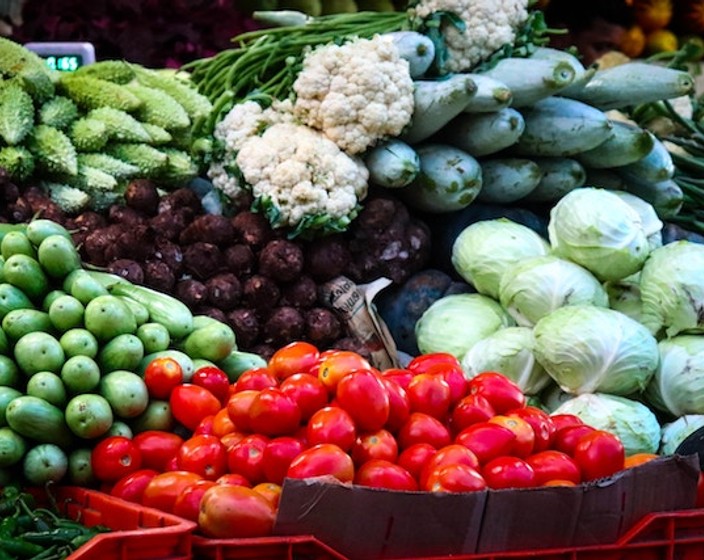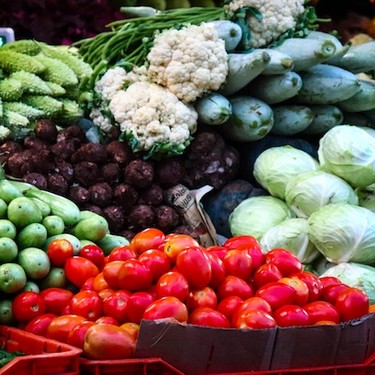Why Food Waste is a Problem and What You Can Do To Stop It




Consider your shopping, cooking, and eating habits for a moment. How much of all of that takes food waste into consideration? What about the way you store food or decide what to throw out at the end of the week?
Food waste is an economic, environmental, and moral problem with roots in consumer households throughout the developed world. That means homes like ours, and we may not even realize it.
Throwing out food that could otherwise be eaten, either because it doesn’t suit us or has been improperly labeled, creates an economic imbalance both at the household level and within the food production industry. Methane emissions from piles of food waste have become an environmental nightmare, and with so many people struggling to get food on the table, it’s difficult to justify throwing out so much food that in all likelihood is perfectly fine to eat.
This is a problem solvable in large part by individual choices. Here you’ll find a few ways to help you do your part in limiting food waste.
Get in the habit of staying organized in the kitchen and making time to make food last. One way you can do this is by preserving your fruits and vegetables if you think they’ll go bad before you can use them.
Pickling vegetables is both an easy and fun way to get started. Grab a jar and throw in just about anything you want--carrots, onions, beets, you name it! Fill it with some salt and an equal mixture of water and vinegar. You can keep vegetables for a few weeks in the fridge this way, or you can boil the jar for five minutes and store them unopened for up to a year!
The freezer is another handy tool for making food last. Leftover dishes and ingredients that you never had a chance to use should go here if they’re not eaten within a few days. So long as you defrost them in the fridge, most cooked food can even be refrozen later. Just make sure to stay organized and not lose anything in the back of the shelves.
Rather than buying broth in the store, you can make your own with scraps before throwing them out. When prepping vegetables, save the harder ends, any leafy bits you don’t plan on using, and peels in a sealable bag.
You can freeze all of this and add it to the bag until you have enough to fill a stockpot. Simmer in salted water for an hour, strain out the vegetable bits, and save the stock for your next soup or stew. The same can be done with bones from meat dishes you’ve cooked, like chicken or pork. While the scraps still get thrown away in the end, you get extra use out of them and won’t ever need to buy stock again.
So often, a trip to the grocery store can end with a shopping cart full of basics sitting alongside snacks and specialty items that aren’t at all necessary. If you’re like me, that jar of tahini that looked so nice sitting on the aisle is likely to never get used and then get thrown out several months later.
Planning your shopping for the week (and it really should be done weekly, with meals thought out in advance) will not only ensure you only get what you’ll use, but also save you money.
Sit down at the end of every week and start in your fridge. What can you use in your meals that week? Try and use as much as possible! Then, decide what else you need to buy to fill out the week. Write it down and don’t buy anything besides what’s on that list. Do this for a few weeks and you’re guaranteed to see more space in your cabinets and less wasted food going out your door.
These are just a few ways to limit your food waste. Not only that, but they’ll help you have a more sustainable relationship with, and appreciation for, your food.